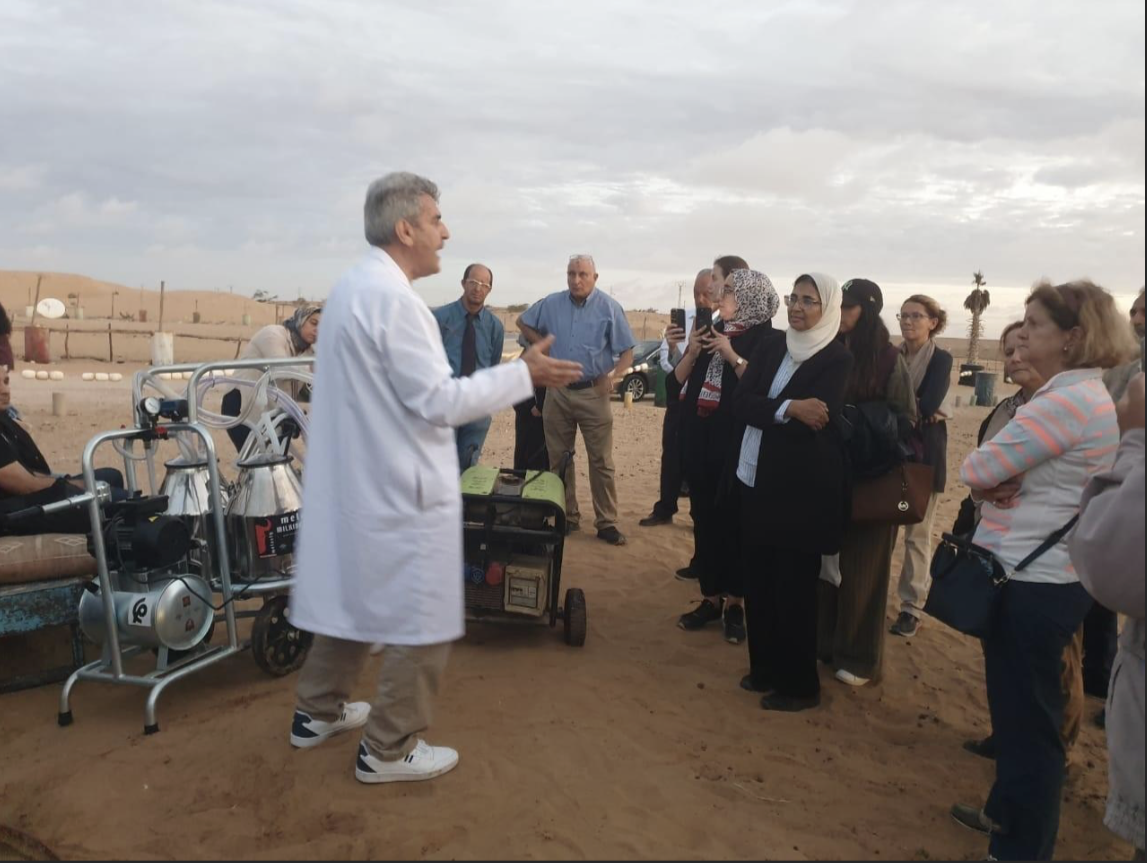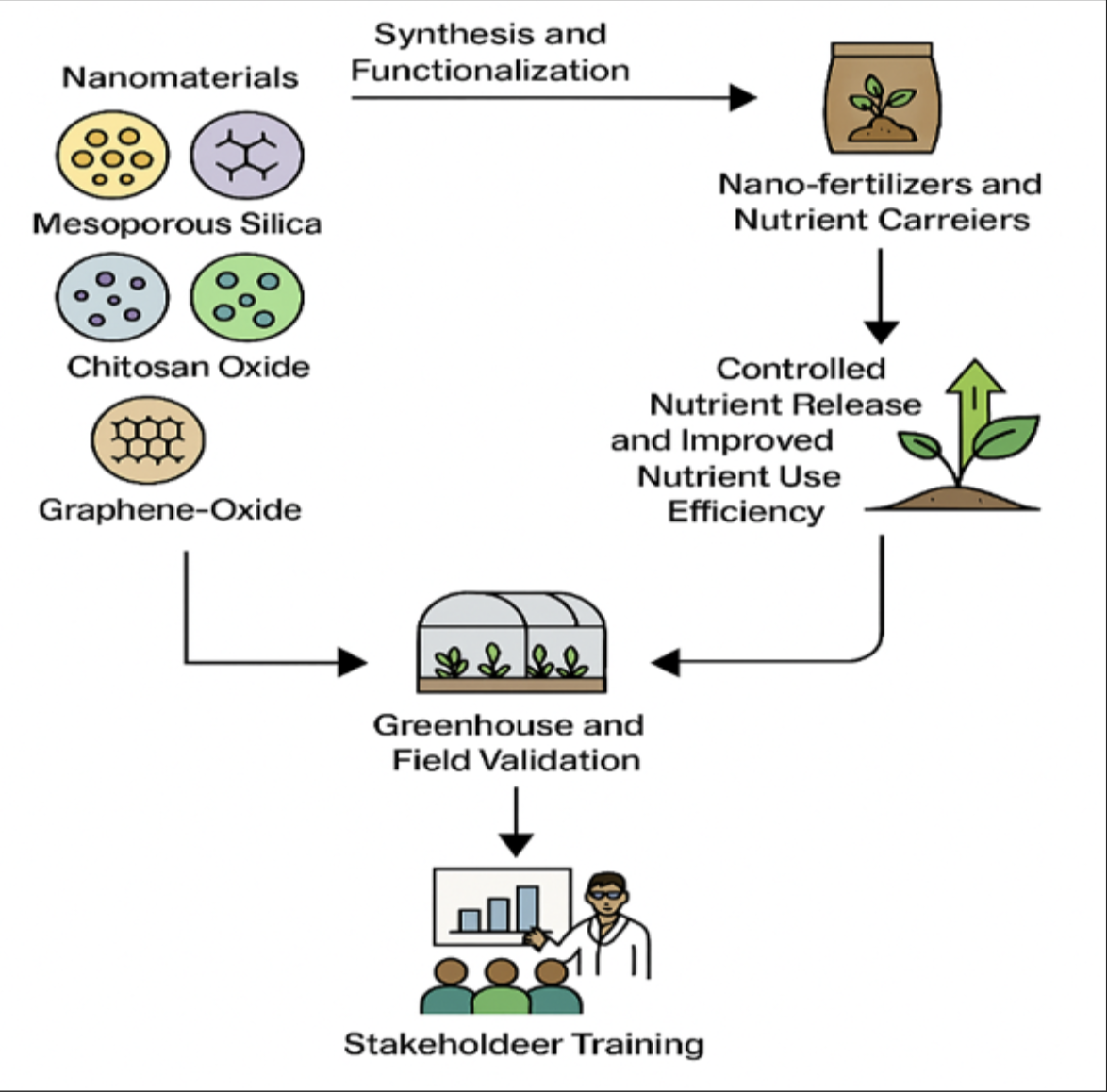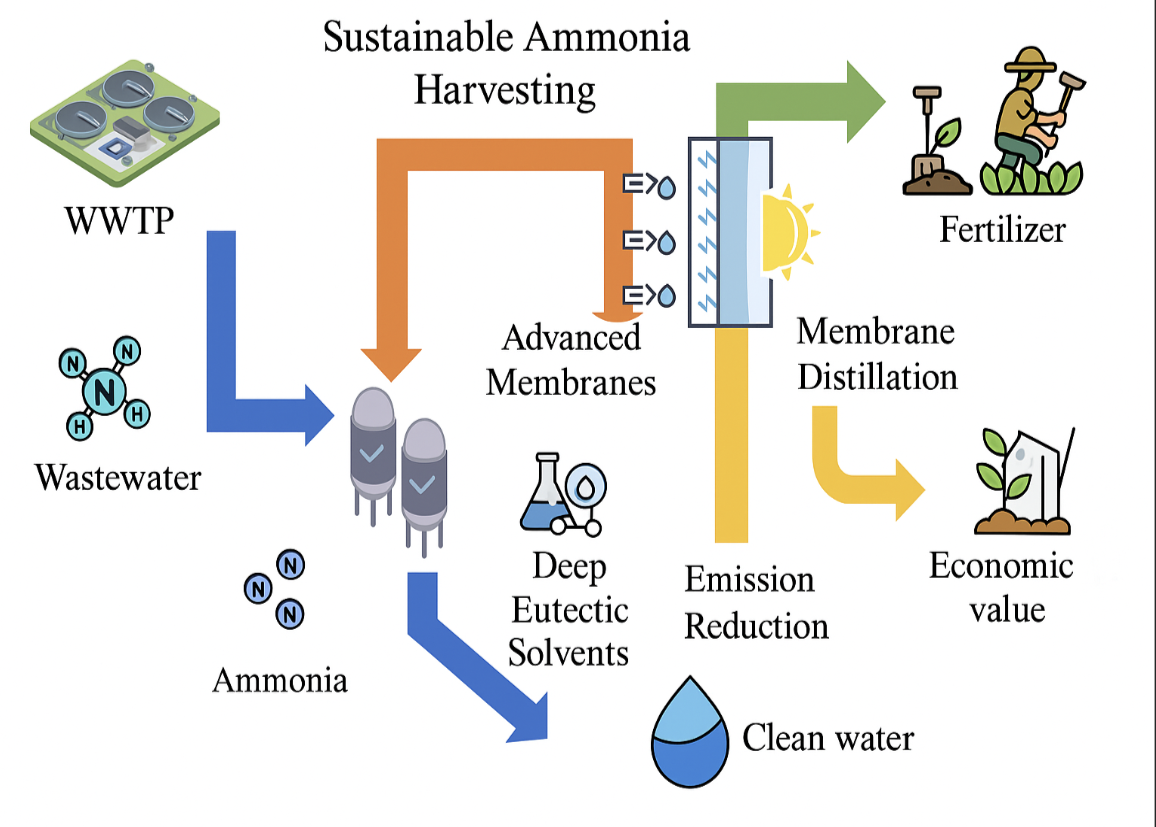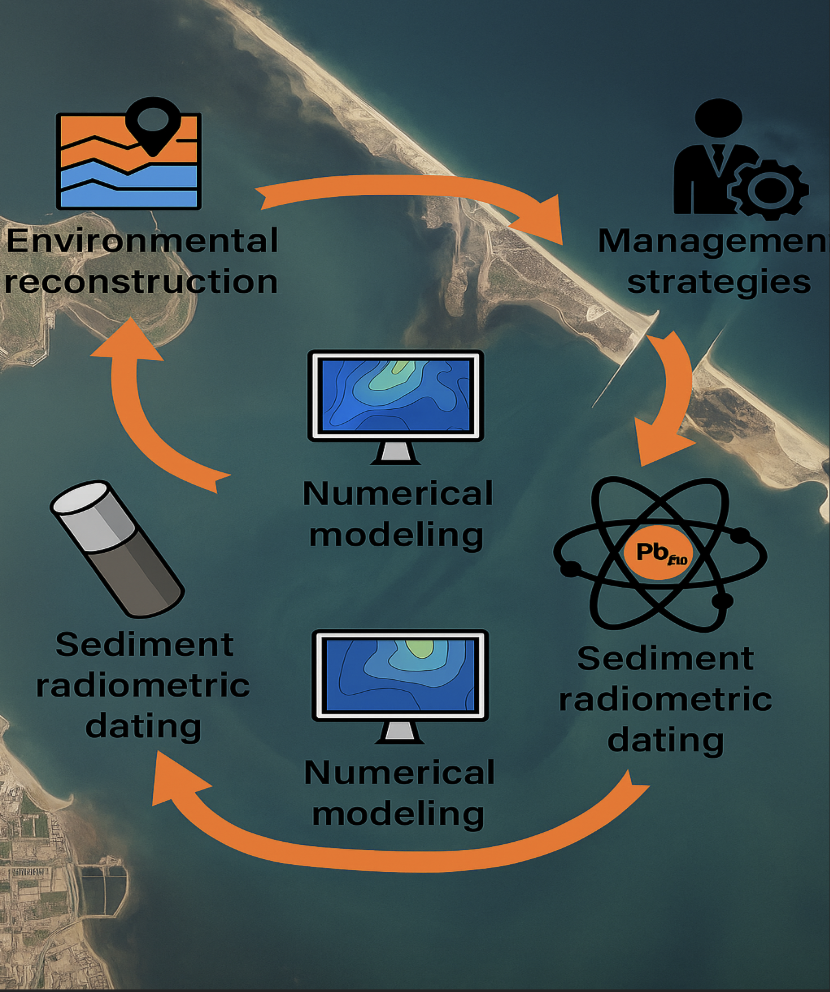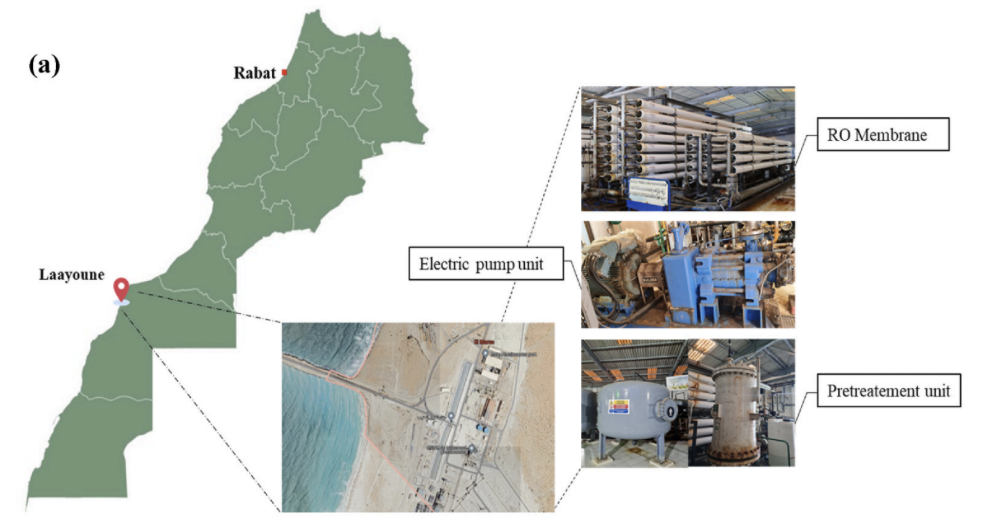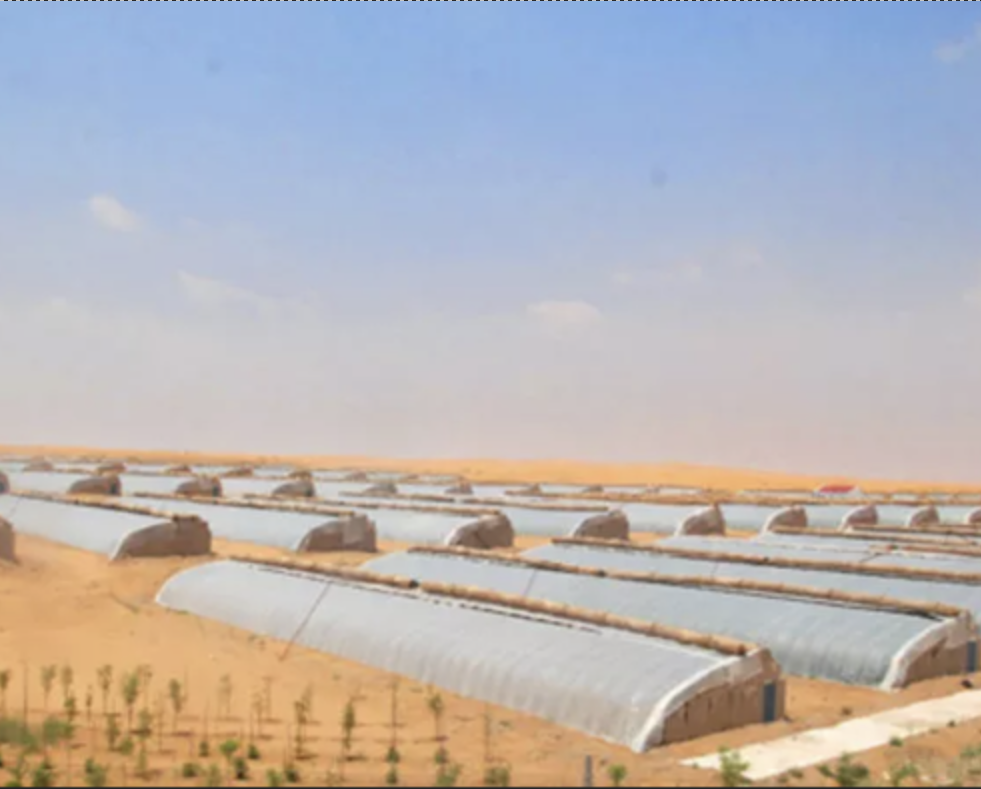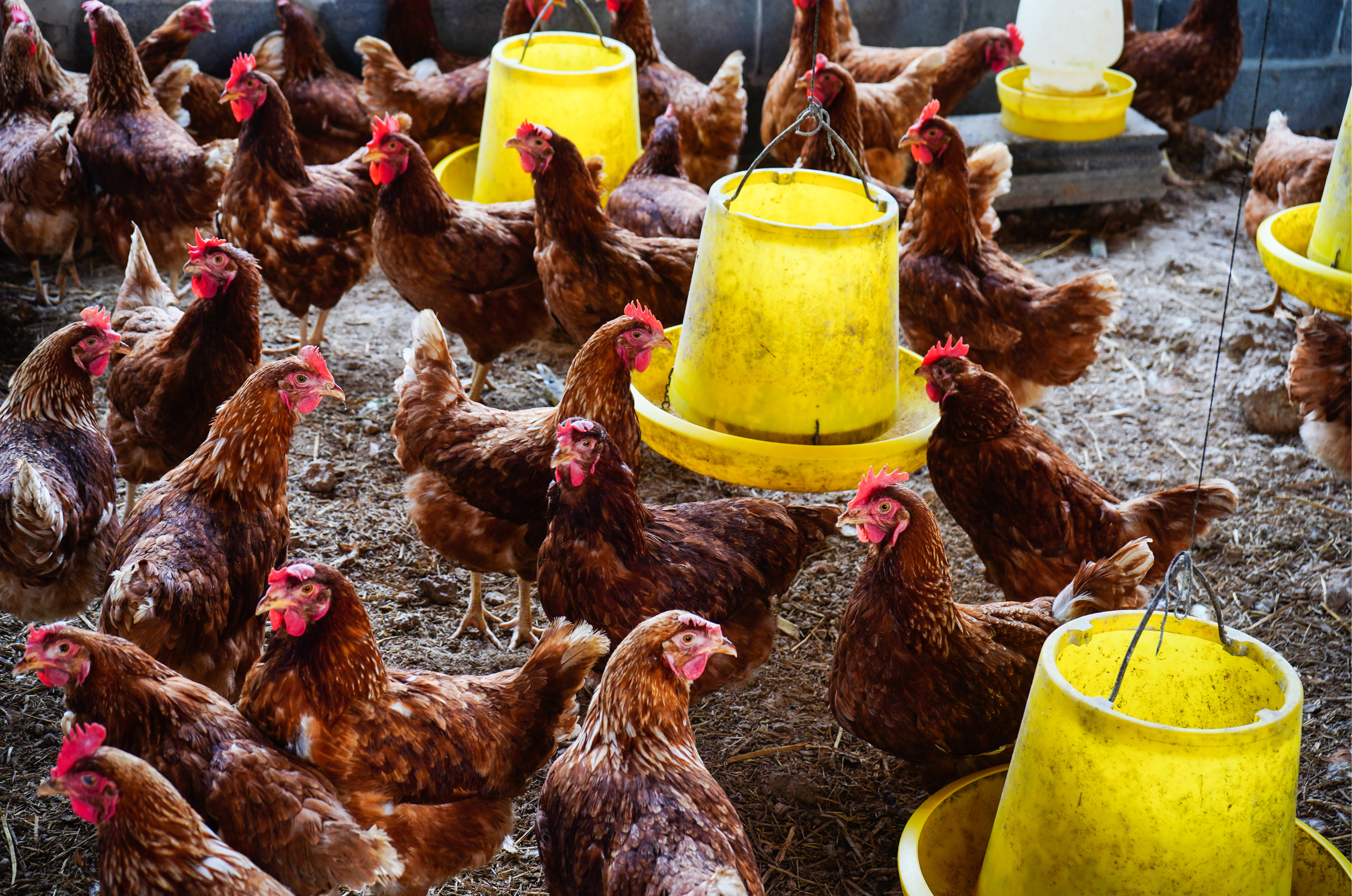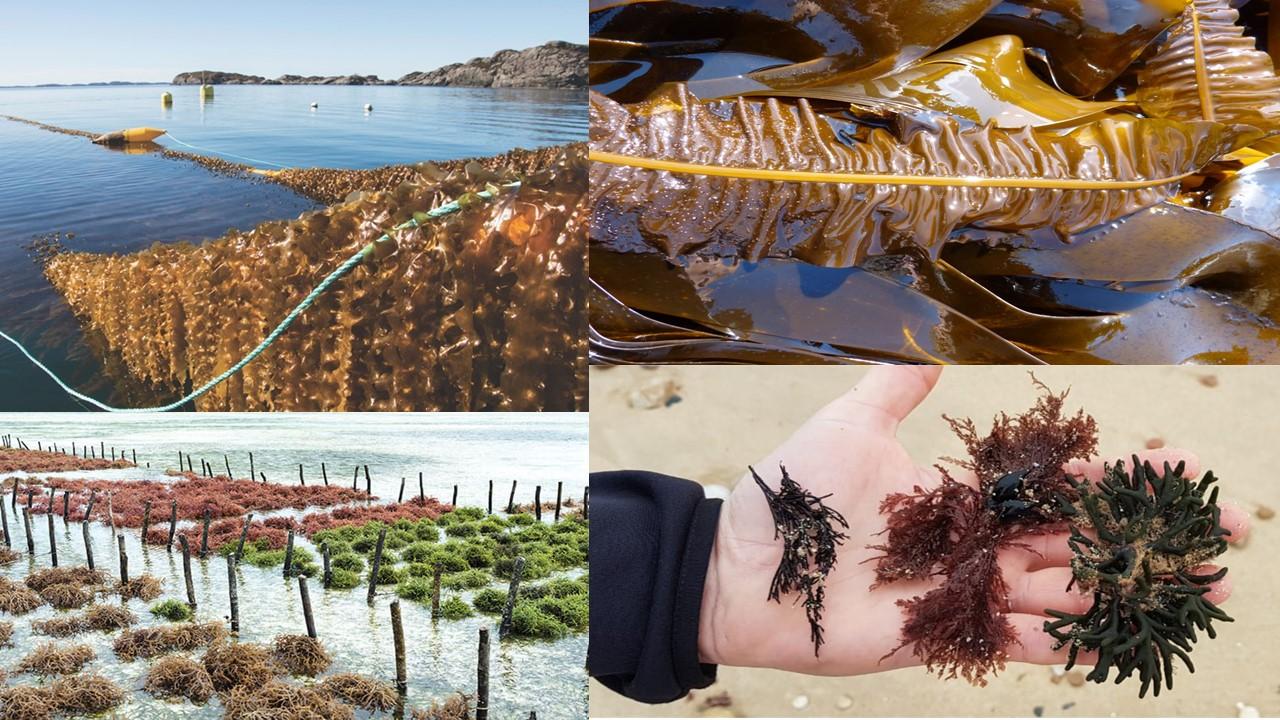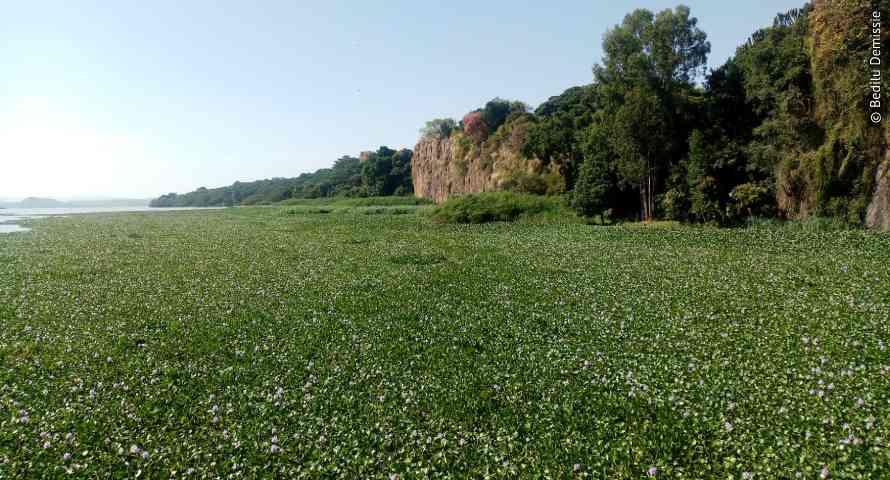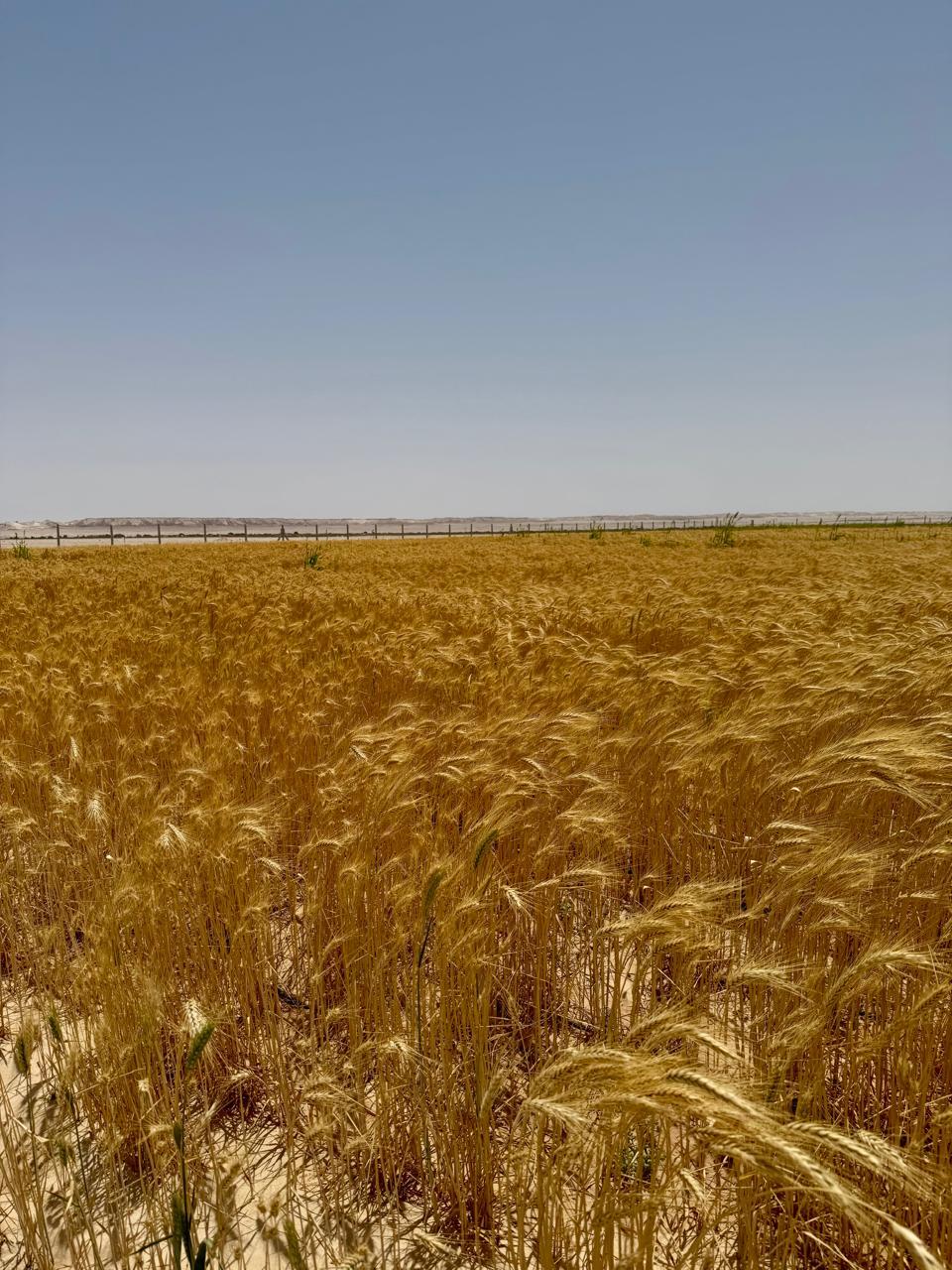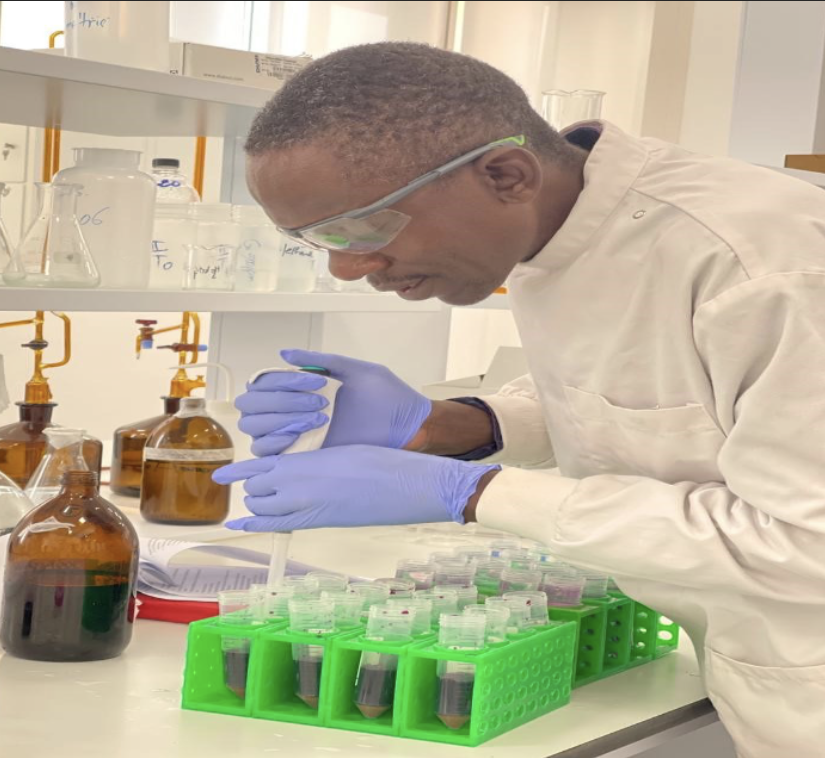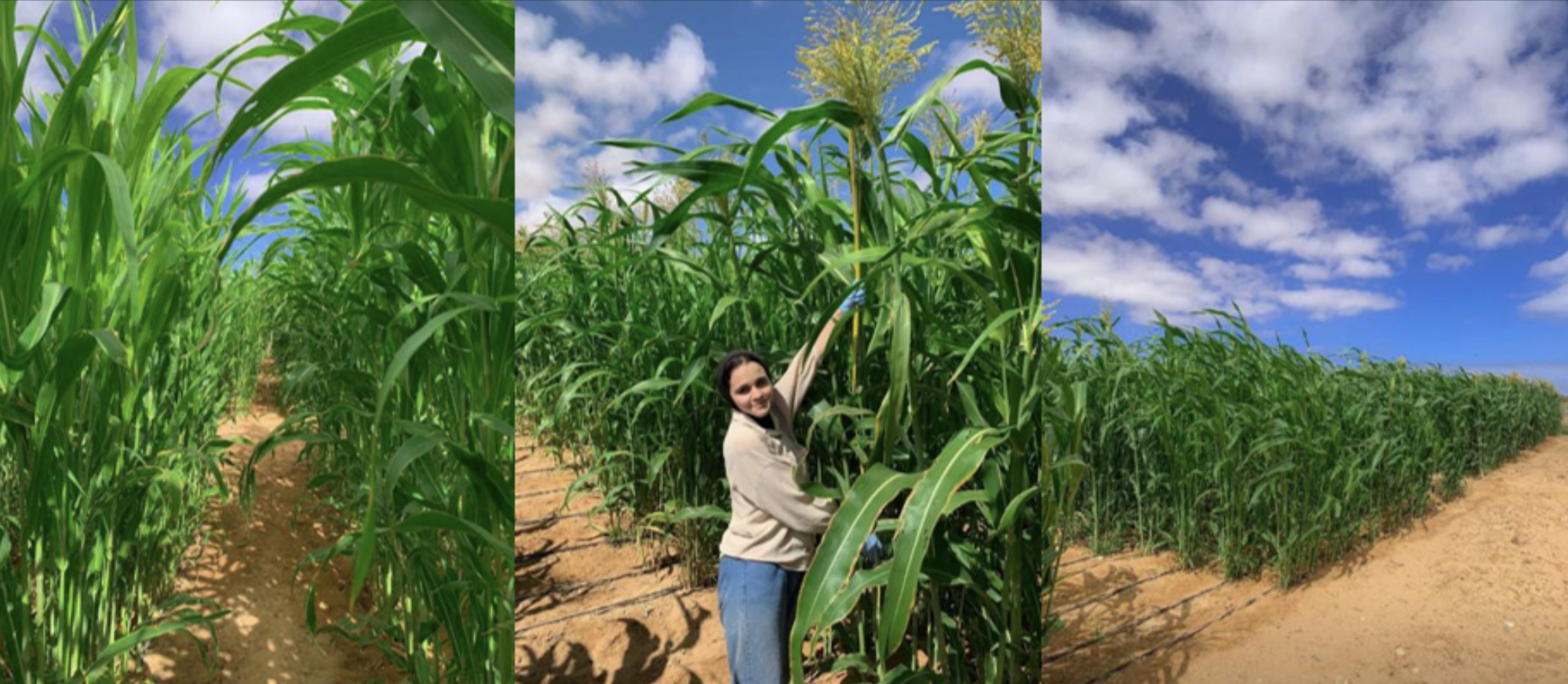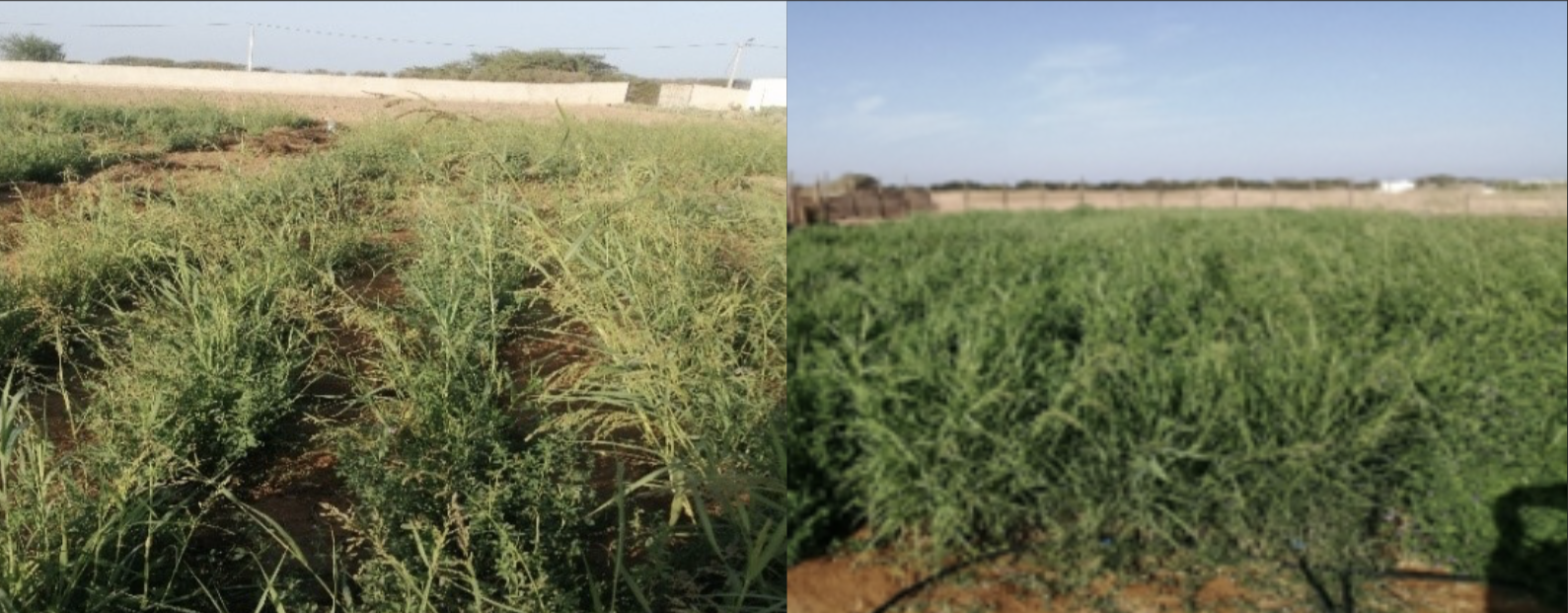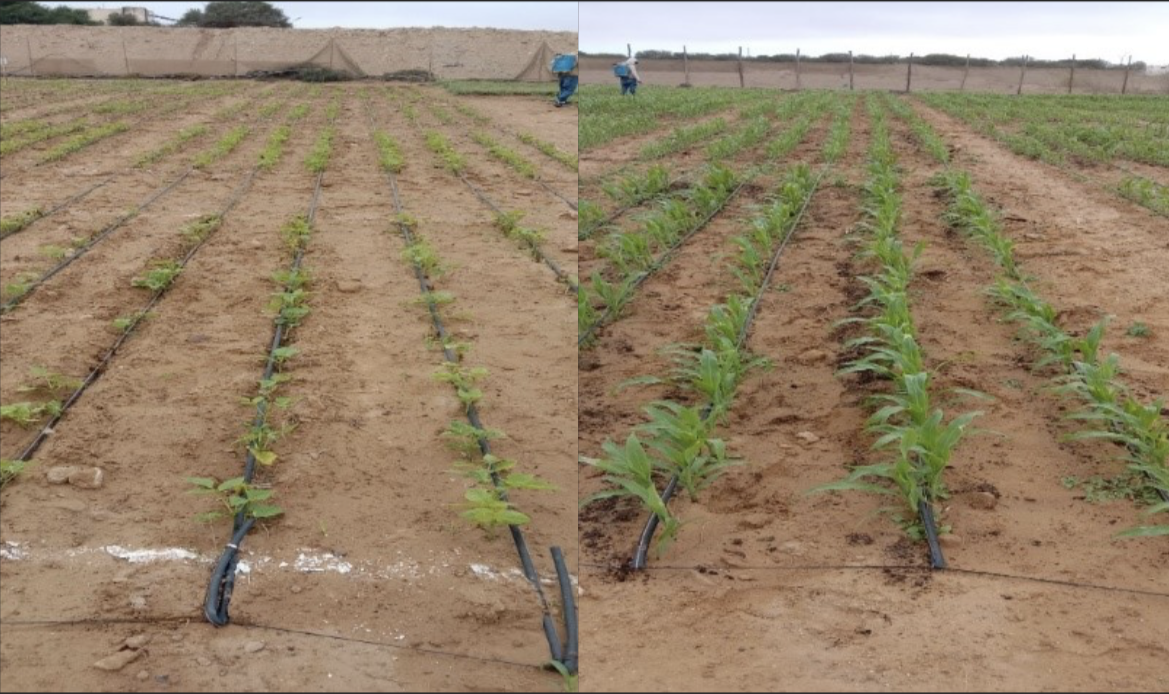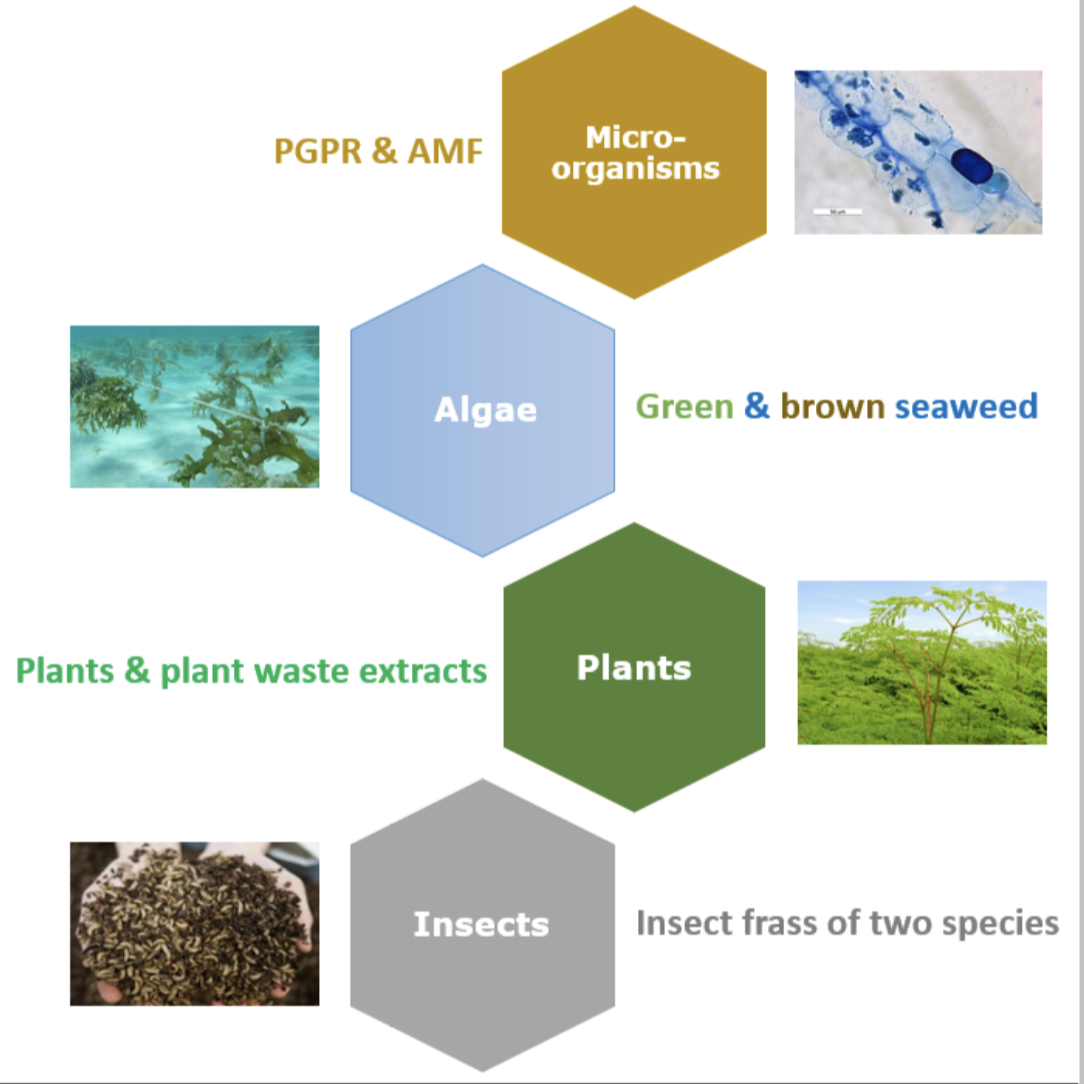We aim to become the African reference in terms of Innovation
water & energy in a local and regional context


CAMEL4MILK

Using Nanomaterials as Nano-fertilizers and Nutrient Carriers for Sustainable Crop Production in Arid Environments

Membrane Distillation for Sustainable Ammonia Harvesting from Wastewaters

Combined use of numerical modeling and sediment radiometric dating for environmental reconstruction and management of the Marchica Lagoon

Accompaniment program for restoration of the existing desalination plant at the OCP PhosBoucraa site

Energy efficiency of greenhouses in desert climate

Hybrid Biochemical and Thermochemical Conversion of Slaughterhouse waste for Renewable Energy Production-BIOTHEREP

Valorization of Poultry Waste into Bio-Resources: Energy and Fertilizers-DAREF

Degradation of antibiotics for safe reuse of livestock residues in agriculture

From Seaweed to Clean Water, Green Gas & Bio Phosphate

Integrated sustainable management of the water hyacinth in Lake Tana, Ethiopia

Valorization of desert medicinal and aromatic plants (MAPs)

Adoption of integrated farming models in south of Morocco

Scaling up the cultivation of alternative crops in salt-affected farms

The development of the African Sustainable Agriculture Research Institute (ASARI)/UM6P Laayoune to support local stakeholders

Rehabilitation of exploited open-pit mining lands in Khouribga and introduction of new cropping systems

Improving agricultural resilience to salinity in Sidi Abed through the introduction of new agricultural production systems and the use of phosphogypsum (MOLOHA)

Saline Agriculture as a Strategy to Adapt to Climate Change (SALAD)

An interdisciplinary research to achieve innovative ways of saline soils management to improve crop productivity in Sehb El Mesjoune area, Rhamna and Kelâa des Sraghna regions, Morocco (SELMAS)

Sustainable agricultural production systems in saline areas of Cabo Verde (SUSTAINAG)

Development of a sustainable 5-hectare pilot farm using new technologies in southern Morocco (Jrifia area)

Formulation of an innovative Alternative Feed based on Salt tolerant forage crops an Micro-Algae

Potentialities of the agro-sylvo-pastoral systems under climate change context towards improving local population nutrition and livelihoods

Development of a geo-referenced botanical atlas of Morocco's native flora: botanical, ecological, and ethnobotanical data. Phase 2: Guelmim-Oued Noun regions.

Revitalizing arid soils through agroecological co-innovation in salinity-affected areas

Phenotyping and characterization of maize and sorghum germplasms to mitigate water and salinity stresses under arid and semiarid conditions

Agronomic and economic sustainability of grass-legume mixtures in the South of Morocco

Mitigation of water and salinity stresses for enhancing crop productivity in the south of Morocco

Biostimulants and seed coating treatments for sustainable agriculture in marginal environments
-
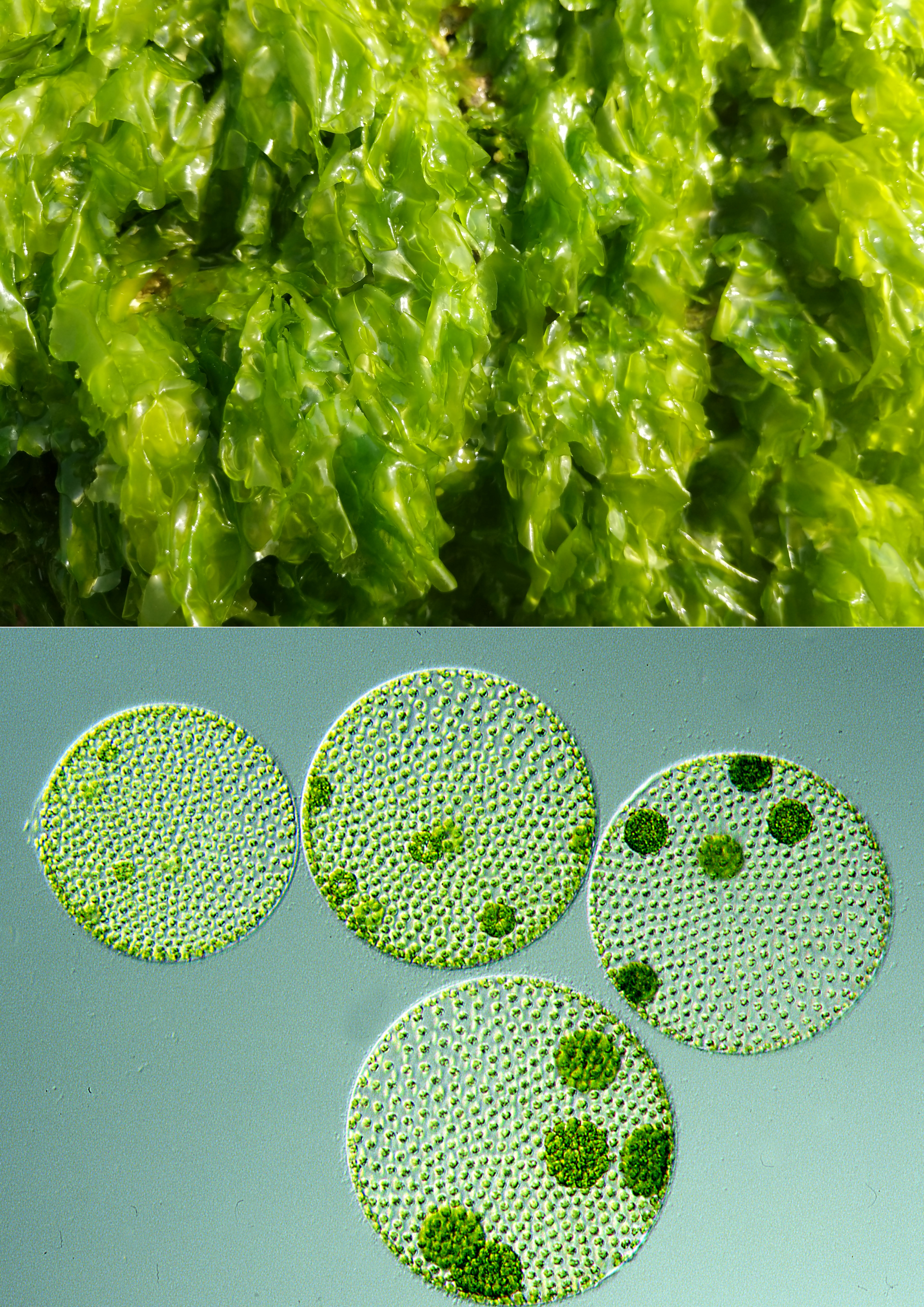
-
Description
[The RCAB 'Research Center on Algal Biotechnology' is dedicated to advancing solutions through the cultivation, processing, and valorisation of Maco and Microalgae. We combine research with innovation to unlock the potential of seaweed resources for many applications. The industrial scale cultivation of Macro and Microalgae is opening powerful solutions for feed, food, energy, pharmaceuticals, and environmental applications. From nutrient rich biomass, algae provide a renewable resource with high efficiency. Our work spans 2 axes: 1/ Seaweed Cultivation: developing efficient, scalable, and eco-friendly methods for land and ocean based seaweed cultivation. 2/ Processing and Biorefinery: transforming raw seaweed into high value compounds for nutrition, cosmetics, biomaterials, and bioenergy. The Research Center on Algal Biotechnology 'RCAB' strives to position seaweed as a cornerstone of a sustainable blue economy in Morocco and Africa].
-
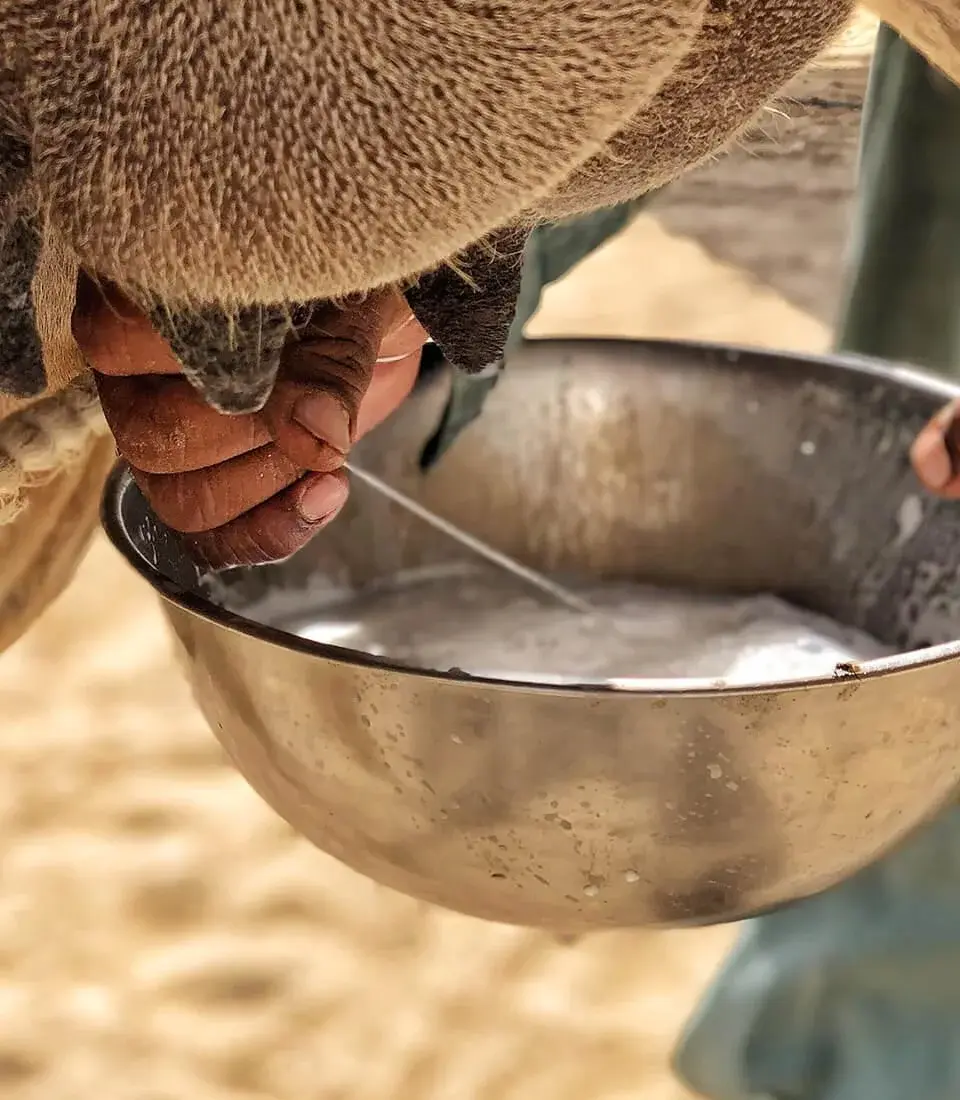
-
Description
The Animal Value Chain Program aims to boost productivity, sustainability, and inclusivity of animal-based value chains, focusing on camels and goats, vital to the local agricultural landscape. The program conducts targeted research and development initiatives to improve the entire value chain, from breeding to nutrition, enhancing animal health, genetics, and management practices, to increase the resilience and profitability. Through capacity building, knowledge sharing, and stakeholder engagement, the program empowers smallholder farmers and value chain actors to adopt best practices and innovative technologies. By strengthening the camel and goat value chains, the program contributes to food security, poverty reduction, and sustainable rural development in the region.
-
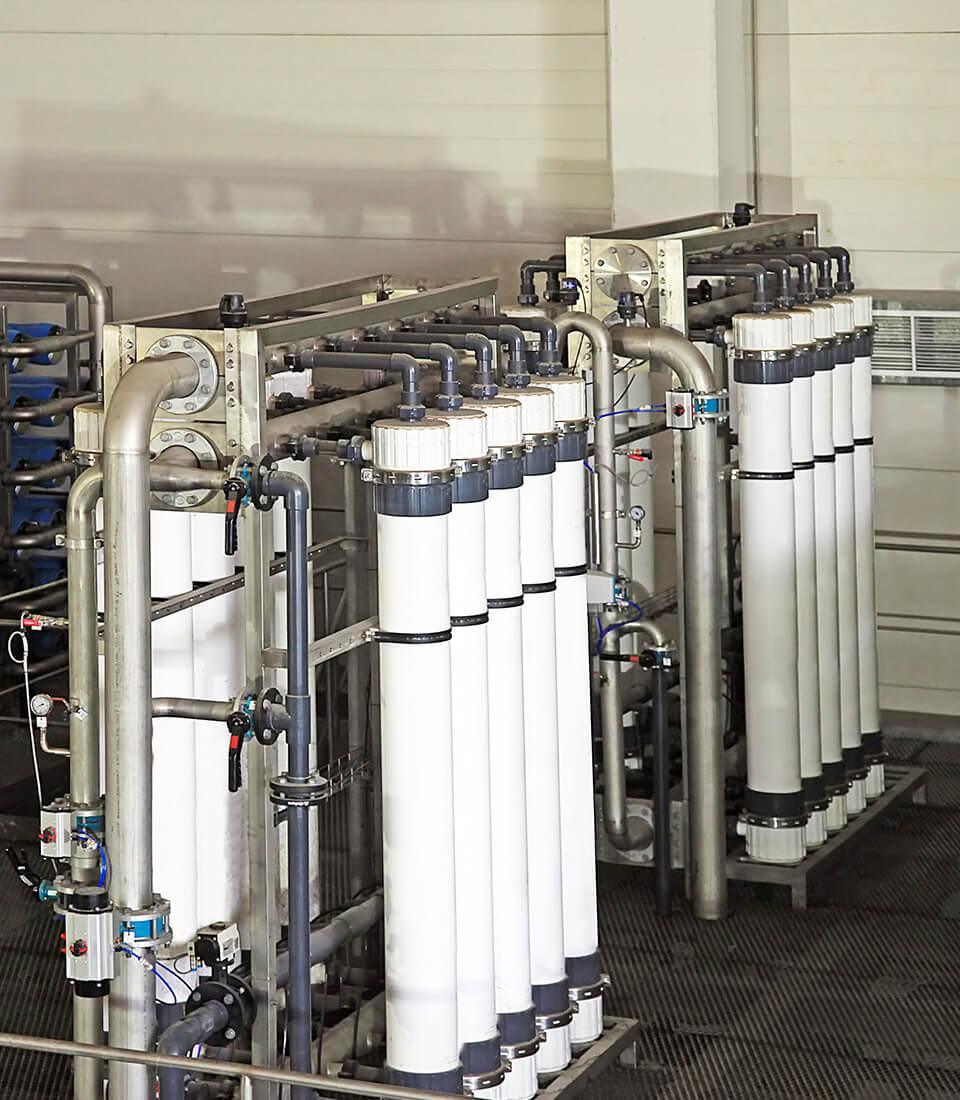
-
Description
The Water and Energy Sustainability Program addresses water scarcity and energy sustainability challengethrough innovative research and technology. It focuses on developing sustainable solutions to meet the growing demand for water and energy. A major area is advanced desalination technologies, crucial for providing fresh water in water-stressed regions. The program explores novel desalination techniques, such as membrane technologies, solar desalination, and forward osmosis, to improve the efficiency and sustainability of the desalination process. Additionally, it conducts research in water reuse, water conservation, and energy-efficient management practices to enhance resource efficiency and promote sustainable development. Through collaboration with government agencies, industry partners, and research institutions, the Program drives research and innovation for a more resilient future.
-
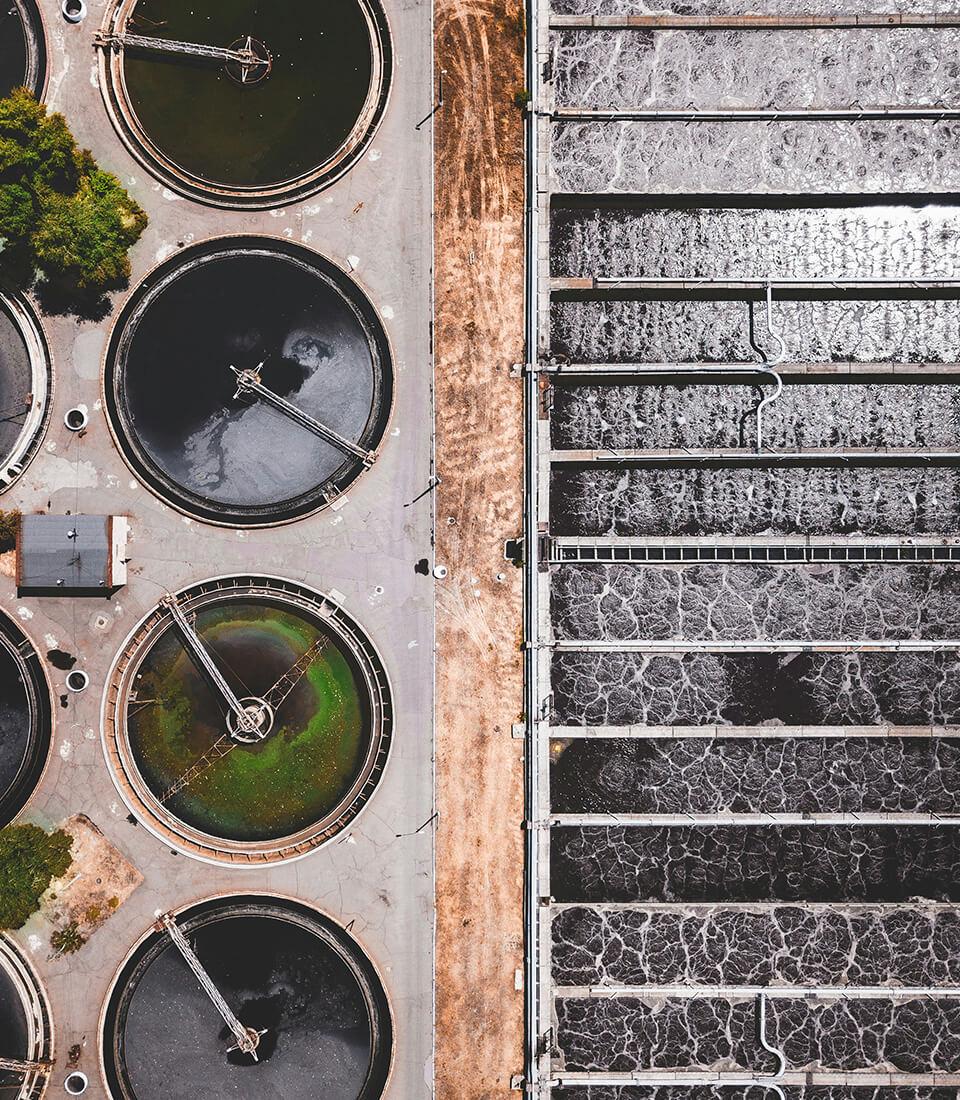
-
Description
The Biomass Valorization Program is dedicated to developing innovative processes and technologies for converting various biomass sources into valuable products. A key focus is harnessing seaweed's ptential as a high value ressource. Additionally, the program explores the valorization of agricultural residues, organic waste and more. By developing efficient and sustainable processes, it advances the bioeconomy and waste reduction. Through collaboration with industry partners and research institutions, the Program pioneers biomass research, fostering innovation and sustainable development in the region.
-
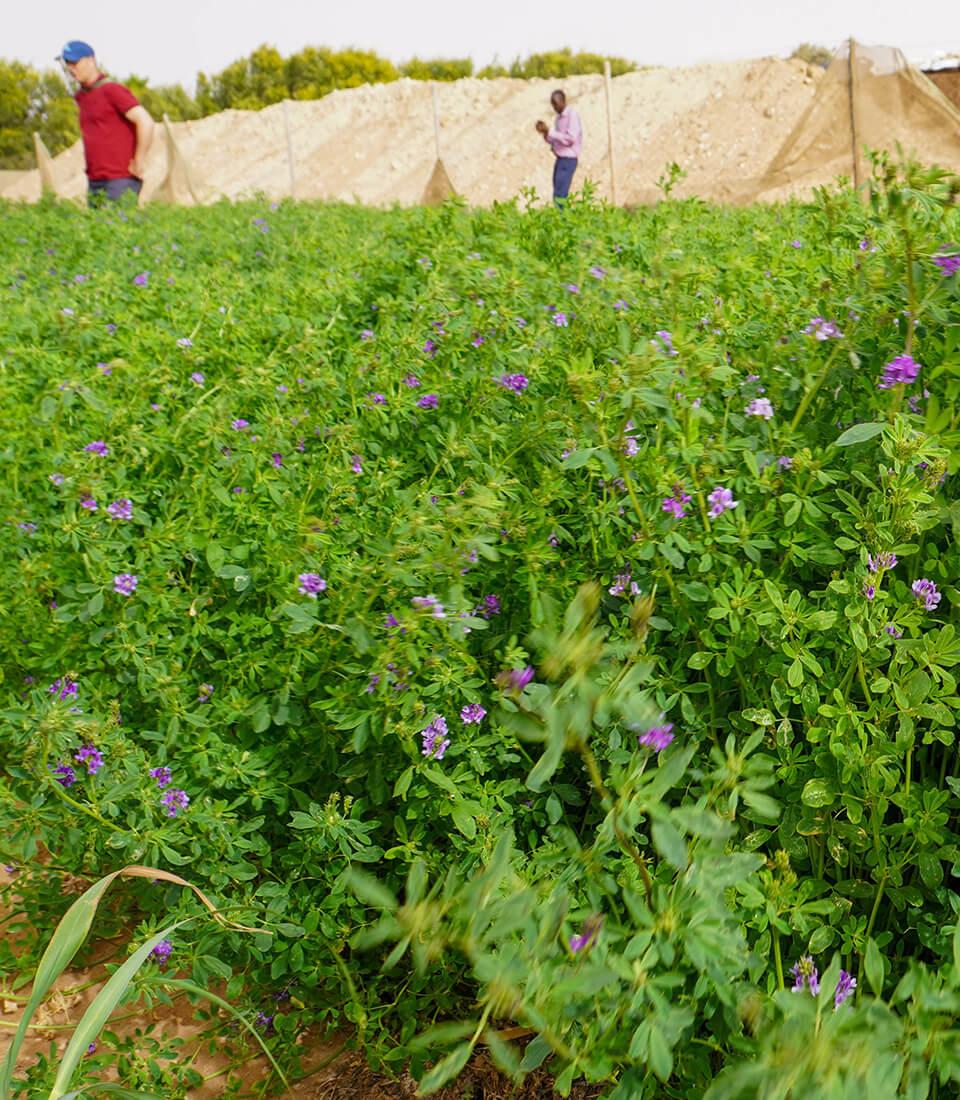
-
Description
This program prioritizes developing sustainable agricultural practices and technologies for marginal lands, such as arid or degraded areas, aiming to enhace food security and livelihoods while minimizing environmental impact, it encompasses diverse research areas, such as biosaline agriculture, variety breeding, genetics. By focusing on these initiative, it contributes to boosting agricultural productivity, conserving biodiversity, and land restoration in challenging landscapes.
